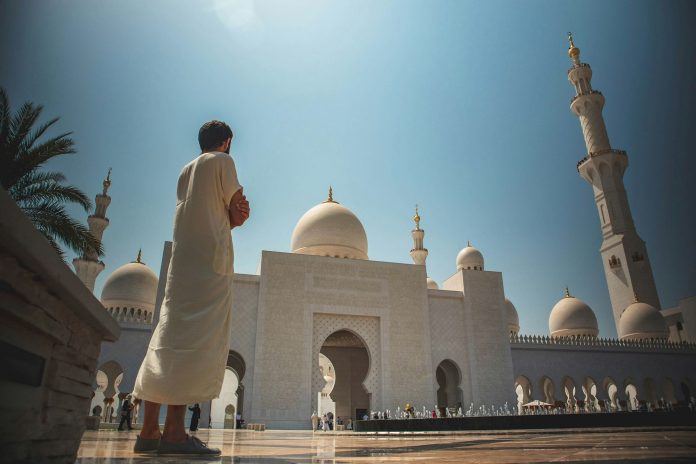As the holy month of Ramadan approaches, Muslims in the UAE prepare for a time of spiritual reflection, fasting, and communal gatherings. For non-Muslims residing in the country, it’s essential to understand and respect the cultural norms and guidelines observed during this sacred period. Here are some key cultural tips and rules to follow:
1. Respectful Conduct in Public:
During Ramadan, Muslims abstain from eating, drinking, or smoking from sunrise to sunset. Out of respect for those fasting, it is important for non-Muslims to refrain from these activities in public places during daylight hours. This includes avoiding chewing gum or any visible consumption of food or beverages.
2. Modest Dressing:
Men and women are expected to dress modestly throughout Ramadan, avoiding revealing or tight-fitting clothing, especially in public spaces. While swimwear is acceptable at designated areas like beaches and pools, it’s advisable to cover up appropriately when outside these areas.
3. Demonstrating Patience and Tolerance:
Ramadan is a time of patience, empathy, and forgiveness. Non-Muslims should be mindful of their actions and avoid loud or disruptive behavior in public places. Demonstrative acts of affection should also be avoided, as they may be considered inappropriate during this period of reflection.
4. Participation in Charitable Initiatives:
During Ramadan, Muslims are encouraged to give back to their communities through charitable acts and donations. Non-Muslims can also participate in these initiatives by contributing to charitable organizations or volunteering their time to help those in need.
5. Attending Iftar Gatherings:
Non-Muslims may be invited to join in Iftar gatherings, the meal to break the fast at sunset. If invited, it is considered polite to attend and arrive a few minutes before sunset. Bringing a small gift, such as dates or sweets, is a customary gesture of appreciation for the host.
6. Observing Cultural Events:
Witnessing cultural events such as the firing of the iftar cannon, which marks the end of the fast at sunset, can provide insight into the significance of Ramadan for Muslims. Additionally, participating in community-led initiatives, such as setting up iftar tents for low-income workers, is a meaningful way to engage with the local culture.
As Ramadan fosters a sense of unity and compassion among people of all backgrounds, embracing these cultural tips and rules ensures a respectful and harmonious environment in the UAE during this auspicious time.


